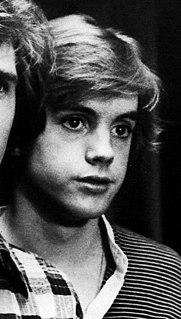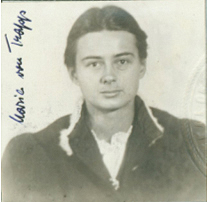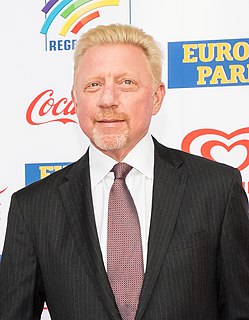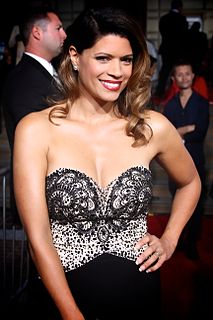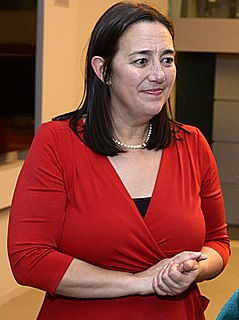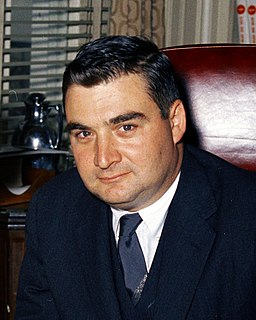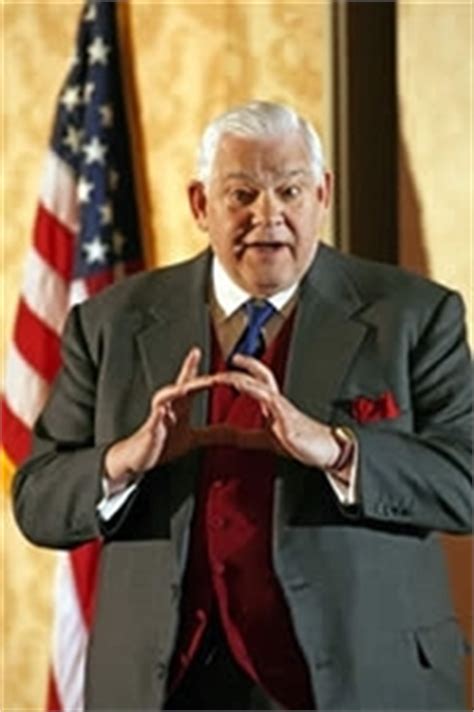A Quote by John Lithgow
What fascinated me most was Churchill as a young child. He had a kind of Dickensian childhood. The neglect. And he was a terrible student. His whole life is a study in trying to overcome your feelings of inadequacy.
Related Quotes
We find that even the parents who justify spanking to themselves are defensive and embarrassed about it....I suspect that deep inthe memory of every parent are the feelings that had attended his own childhood spankings, the feelings of humiliation, of helplessness, of submission through fear. The parent who finds himself spanking his own child cannot dispel the ghosts of his own childhood.
The grief of a child is always terrible. It is bottomless, without hope. A child has no past and no future. It just lives in the present moment - wholeheartedly. If the present moment spells disaster, the child suffers it with his whole heart, his whole soul, his whole strength, his whole little being.
I am encouraged as I look at some of those who have listened to their "different drum": Einstein was hopeless at school math and commented wryly on his inadequacy in human relations. Winston Churchill was an abysmal failure in his early school years. Byron, that revolutionary student, had to compensate for a club foot; Demosthenes for a stutter; and Homer was blind. Socrates couldn't manage his wife, and infuriated his countrymen. And what about Jesus, if we need an ultimate example of failure with one's peers? Or an ultimate example of love?
Ted Seabrooke, my wrestling coach, had a kind of Nietzschean effect on me in terms of not just his estimation of my limited abilities, but his decidedly philosophical stance about how to conduct your life, what you should do to compensate for your limitations. This was essential to me, both as a student - and not a good one - and as a wrestler who was not a natural athlete but who had found something he loved.
It is easy to say that you can adopt the whole human race as your children, but it is not the same as living in a home with a child and shaping all you do to help him learn to be happy and whole and good. Don't live your life without ever holding a child in your arms, on your lap, in your home, and feeling a child's arms around you and hearing his voice in your ear and seeing his smile, given to you because you put it into your heart.
My life would be a reflection of my childhood, but it isn't; it is a reflection of the dreams that I had as a child for a better life. When I look around and see the beautiful people and wonderful surroundings that are now my reality, I know that I have overcome so much. I still have plenty of fight left in me.
Then you know that Sam was the true hero of the tale,' Sayna said. 'That he faced far greater and more terrible foes than he ever should have had to face, and did so with courage. That he went alone into a black and terrible land, stormed a dark fortress, and resisted the most terrible temptation of his world for the sake of the friend he loved. That in the end, it was his actions and his actions alone that made it possible for light to overcome darkness.
Most of my last 30 years have been like that. Results and manifestations of things I'd dreamed of as a young kid and wanted as a child and as a young man. I realized it maybe 30 years ago. I thought, "This is unreal. This has happened as I expected it to, as I'd pictured it." My whole life has been like that and I'm fascinated by that power that we all have. That we create our lives as we go.
The stories my pupils told me were astonishing. One told how he had witnessed his cousin being shot in the back five times; another how his parents had died of AIDS. Another said that he'd probably been to more funerals than parties in his young life. For me - someone who had had an idyllic, happy childhood - this was staggering.

